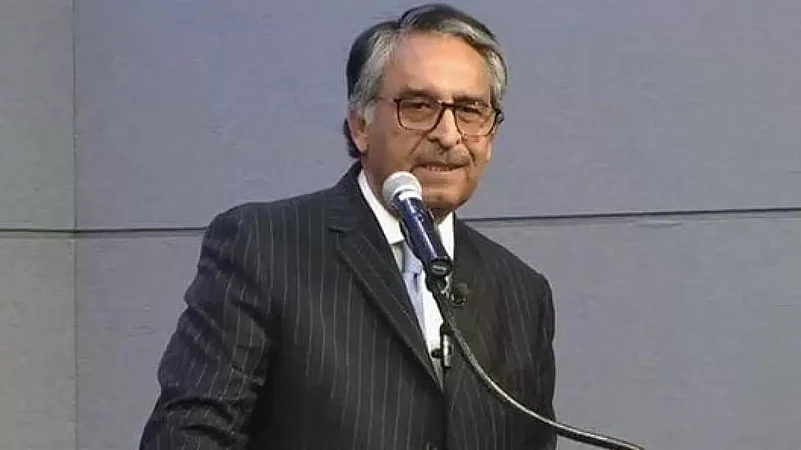Pakistan has rejected India's Supreme Court verdict upholding the abrogation of Article 370, emphasizing that the international legal framework does not acknowledge India's "unilateral and illegal actions" on August 5, 2019. The unanimous decision by the Supreme Court on Monday supported the Indian government's move to revoke the special status granted to Jammu and Kashmir under Article 370, as reported by PTI
According to Pakistan's caretaker Foreign Minister Jalil Abbas Jilani, the judicial endorsement by the Indian Supreme Court holds "no legal value" in the eyes of international law. Jilani asserted that Kashmiris have an inherent right to self-determination in line with relevant United Nations Security Council resolutions.
Former Prime Minister Shehbaz Sharif of the Pakistan Muslim League-Nawaz (PML-N) criticized the apex court's decision, labeling it as "biased" and accusing it of violating international laws and United Nations resolutions. Sharif claimed that the Indian Supreme Court's ruling betrays the sacrifices made by millions of Kashmiris. He predicted that the verdict would only strengthen Kashmir's "freedom movement," with no reduction in the ongoing struggle.
Shehbaz Sharif pledged that under the leadership of Nawaz Sharif, the PML-N would advocate for the rights of Kashmiris at all levels. Tensions between India and Pakistan have historically centered around the Kashmir issue and cross-border terrorism originating from Pakistan. The situation deteriorated further after India's abrogation of Article 370, leading to the expulsion of the Indian envoy by Pakistan and a downgrade in trade ties.
India has consistently maintained that the Kashmir matter is an internal affair and expressed its desire for normal, friendly relations with Pakistan in an atmosphere devoid of terror, violence, and hostility.


























